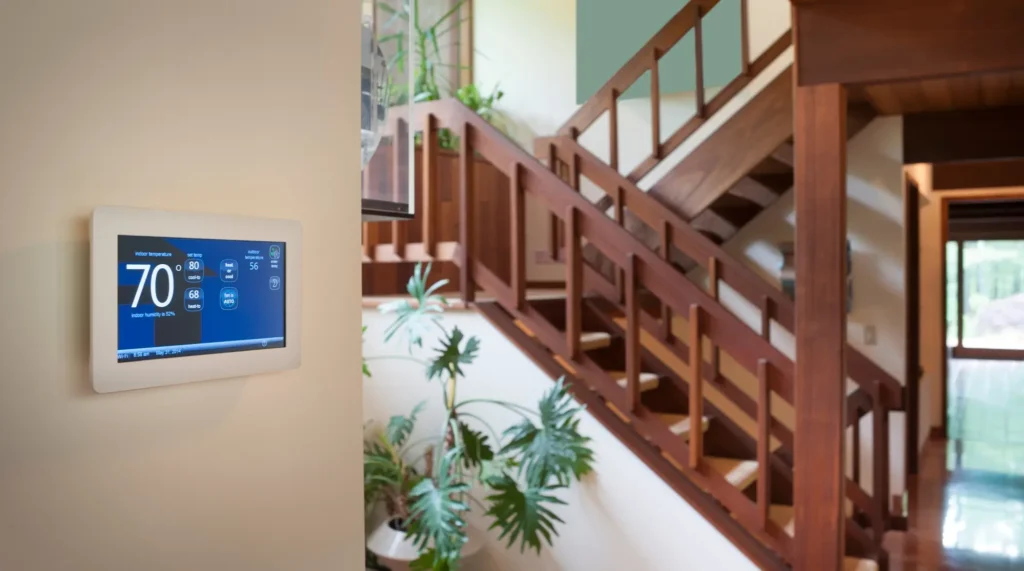A whole home generator can be an excellent investment for homeowners who want to ensure that they have a reliable backup power source in case of a power outage. Having a backup generator ensures that you and your family can continue with your daily routine without any disruptions. In addition, installing a backup generator adds value to your home. However, with so many options available, selecting the right generator for your home can be a daunting task. In this post, we’ll discuss some essential factors to consider when selecting a whole home generator.
Determine Your Power Needs
The first step in selecting a whole home generator is to determine your power needs. This involves identifying the appliances and devices that you want to keep running during a power outage. Whole home generators are available in different sizes and capacities, so it’s important to choose a generator that can supply enough power to meet your needs.
Decide on the Type of Generator
Whole home generators are available in two types: standby and portable. Standby generators are permanently installed outside your home and are connected to your electrical system. They turn on automatically when there is a power outage and provide a continuous supply of power until the utility power is restored. Portable generators, on the other hand, are smaller and less expensive than standby generators, and they can be moved around your property. They need to be manually started and connected to your home’s electrical system. Portable generators are an excellent option for homeowners who don’t need a continuous power supply and only require power for a few hours at a time.
Consider the Generator’s Size and Capacity
The size and capacity of the generator are important factors to consider when selecting a whole home generator. Whole home generators are rated based on their power output, which is measured in kilowatts (kW). The higher the kW rating, the more power the generator can supply. It’s important to choose a generator with a kW rating that is sufficient to power all of the appliances and devices you want to keep running during a power outage.
Look for ATS Capability
An automatic transfer switch (ATS) is a device that automatically switches the power source from the utility grid to the generator in the event of a power outage. This ensures that the generator starts automatically and begins supplying power to your home without any manual intervention. It’s important to choose a whole home generator that has ATS capability to ensure that your home is protected during a power outage.
Choose a Reliable Brand
Choosing a reliable brand is an essential factor to consider when selecting a whole home generator. Look for brands that have a proven track record of reliability and durability. Read reviews from other homeowners who have installed the same brand of generator to get an idea of their experience with the product.
Determine Your Budget
Finally, determine your budget for a whole home generator. Standby generators are more expensive than portable generators due to their permanent installation and automatic operation. However, they offer a continuous power supply, which can be a significant benefit during extended power outages. Portable generators are less expensive, but they require manual operation and can only provide power for a limited time.
Selecting a whole home generator can be a significant investment, so it’s important to choose a generator that meets your power needs and is reliable and durable. Consider the factors mentioned above when selecting a whole home generator to ensure that you choose a generator that meets your needs and provides reliable backup power in case of a power outage.




